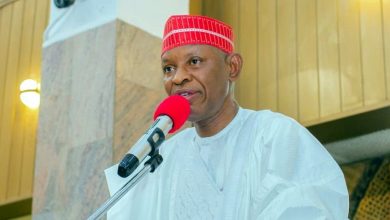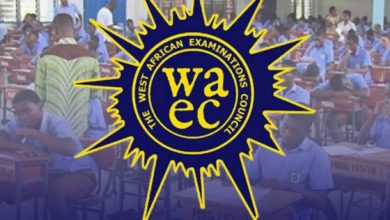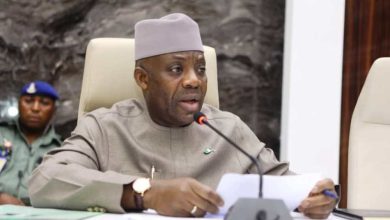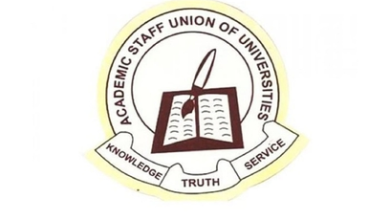Private School Owners Decry Multiple Taxation, Seek Government Support
Private school owners in Ogbomoso have warned that multiple taxation is crippling education and threatening closures.
NAPPS urged government to ease levies, provide support, and treat private schools as partners in nation-building.
The National Association of Proprietors of Private Schools (NAPPS), Ogbomoso North chapter in Oyo State, has raised alarm over what it described as the suffocating effect of multiple taxation on private schools across the country.
In a statement signed by its chairman, Wale Ojewumi, the association appealed to government at all levels to treat private schools as partners in nation-building rather than competitors to public institutions.
Ojewumi stressed that private schools have remained steadfast in providing quality education despite limited resources, noting that their contribution has helped bridge gaps where public schools fall short.
“Private schools have been consistent allies in shaping the future of Nigeria, and we remain committed to building a prosperous and educated nation. We are not in rivalry with public schools but complement their efforts where government resources are overstretched,” he said.
The group lamented that in addition to multiple taxes, school owners face excessive levies, lack of access to credit facilities, poor recognition in government policies, and little support in areas such as training, curriculum development, and security.
Ojewumi warned that if urgent steps are not taken, many private schools could shut down, affecting millions of pupils who depend on them for education and thousands of workers employed in the sector.
Call for policy reforms
NAPPS called on the government to reduce the tax burden on school operators, open up funding opportunities, and provide more capacity-building programmes. It also urged authorities to promote technology integration and stronger collaboration between private and public schools.
Ojewumi further noted that both sectors share the same goal of educating Nigerian children and must be seen as working together to secure the country’s future.
“Every investment in education, whether through public or private schools, is an investment in national peace, prosperity, and unity,” he added.



